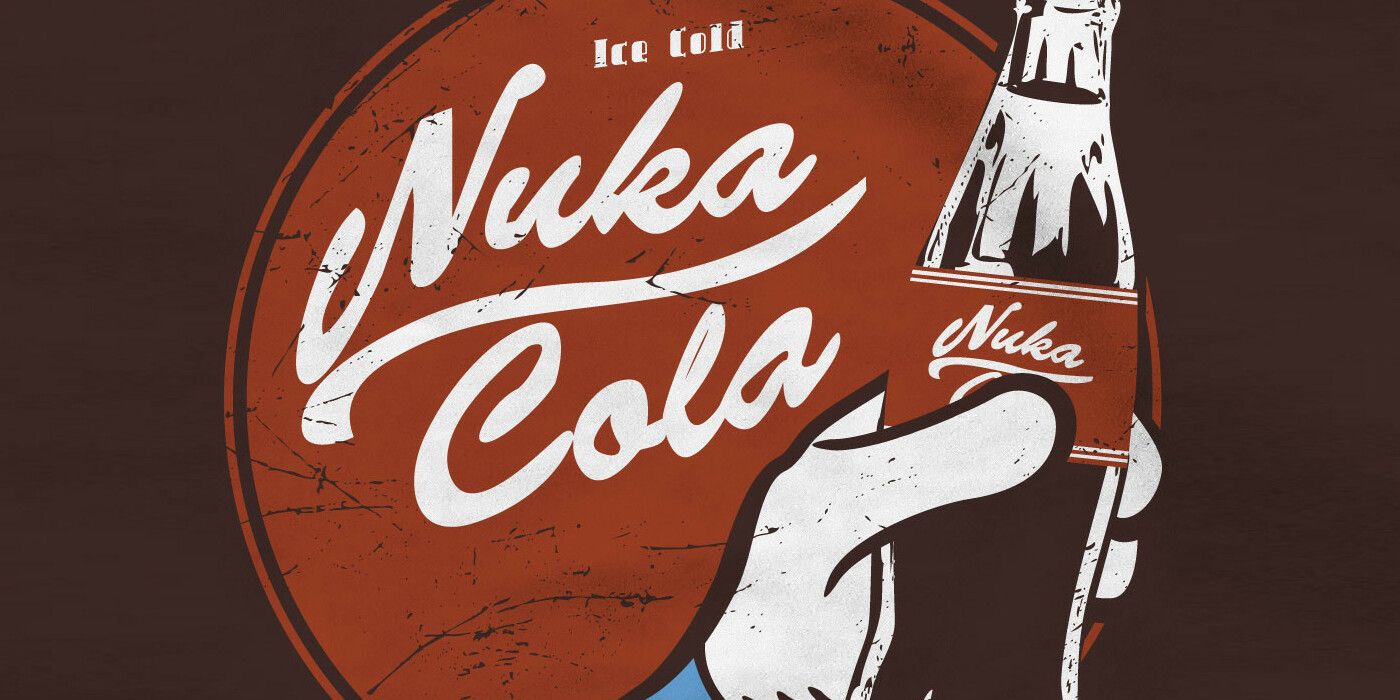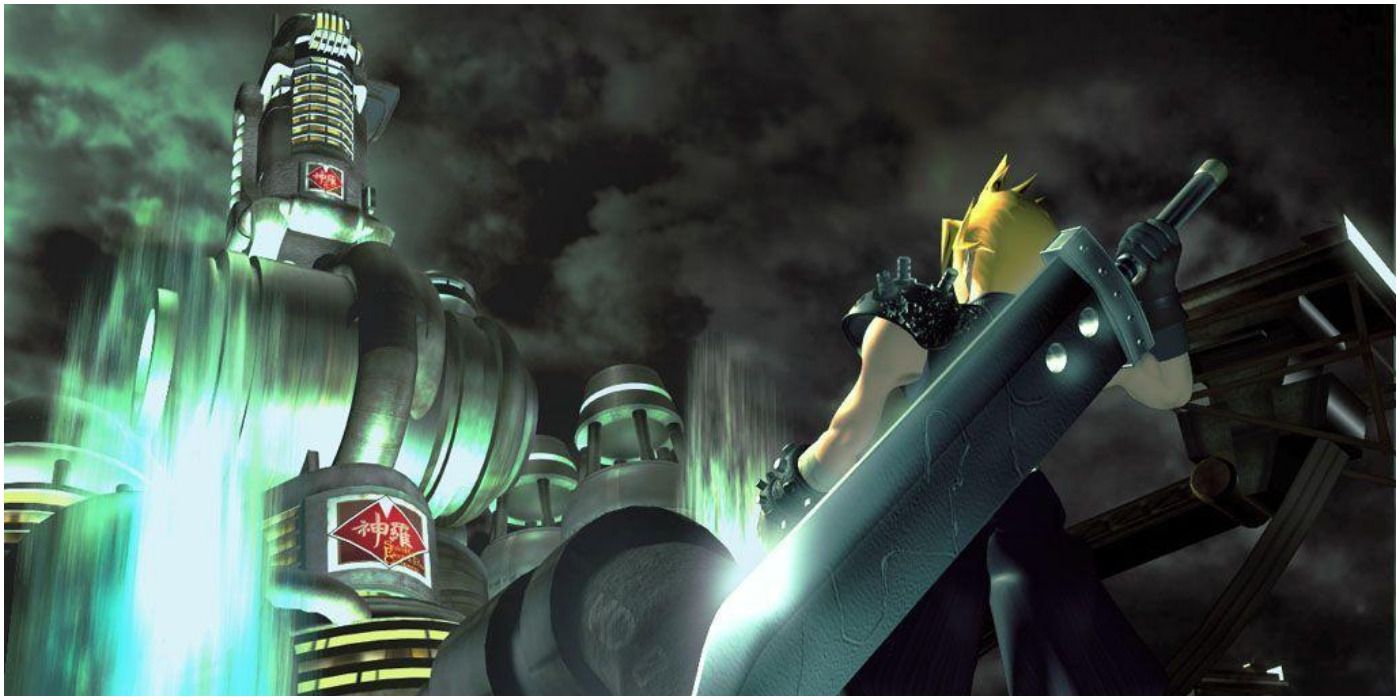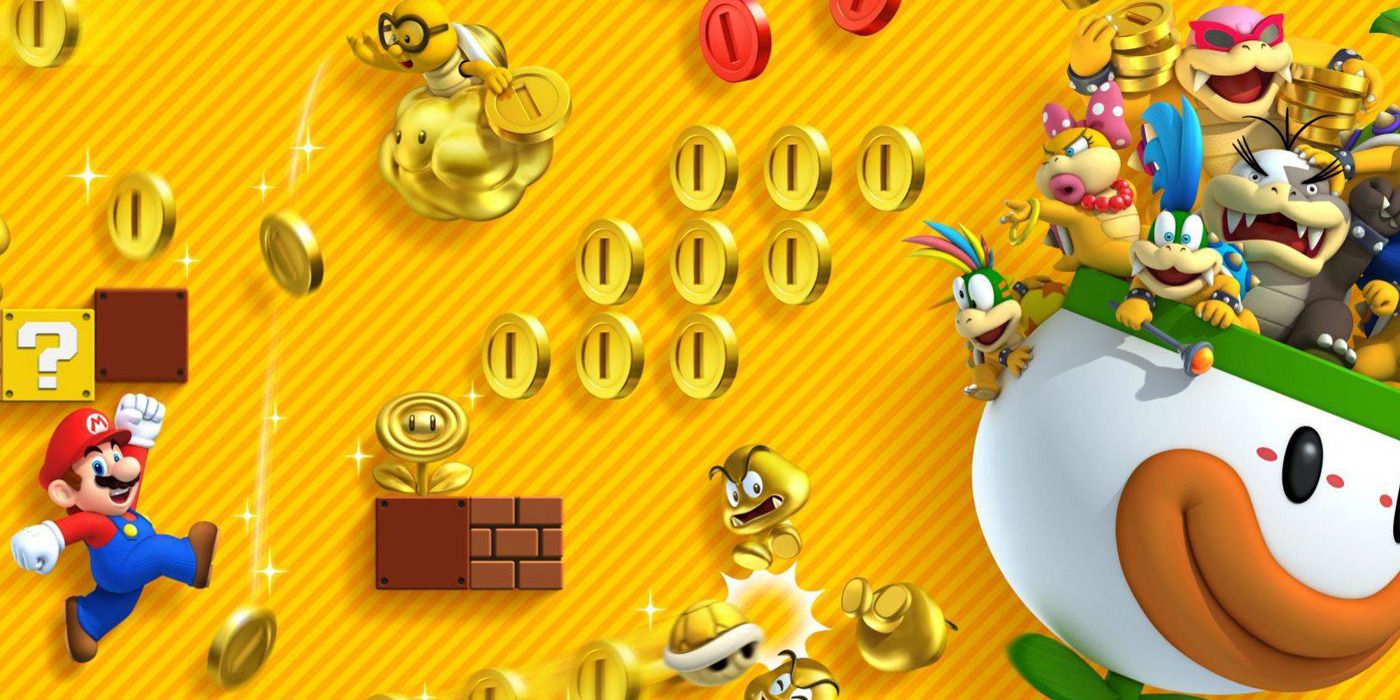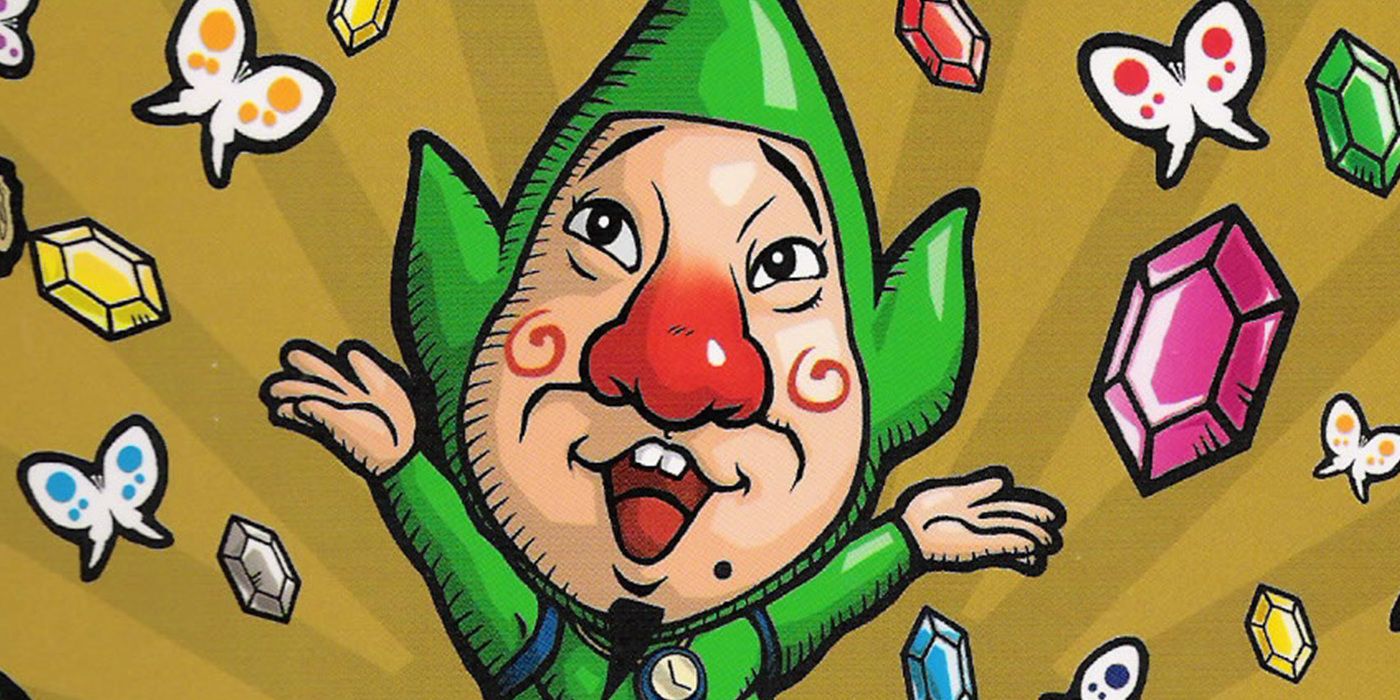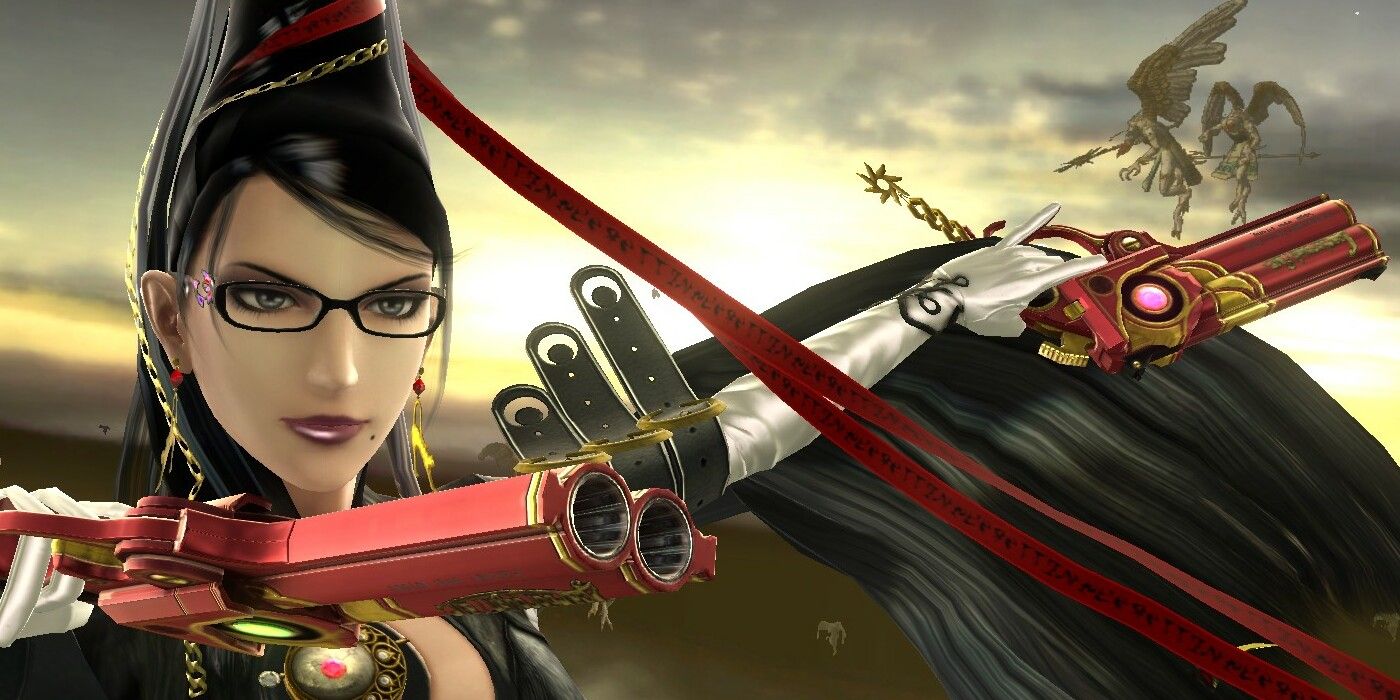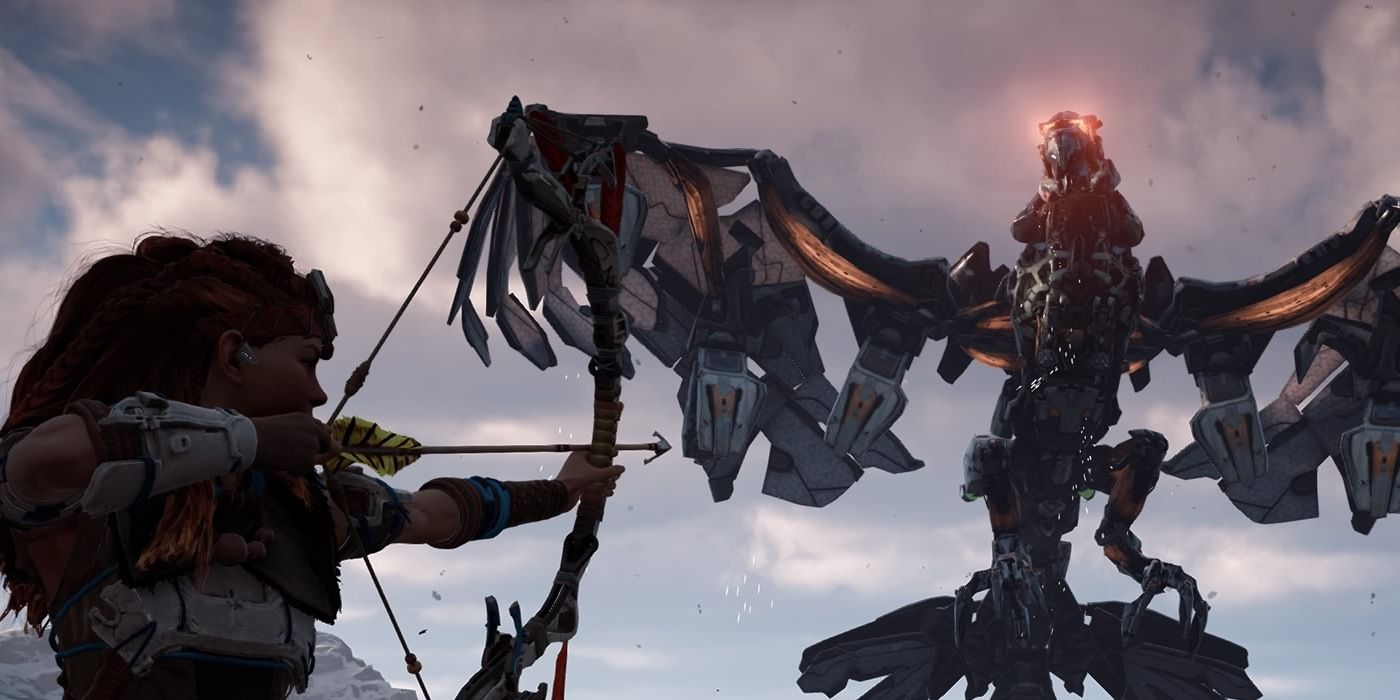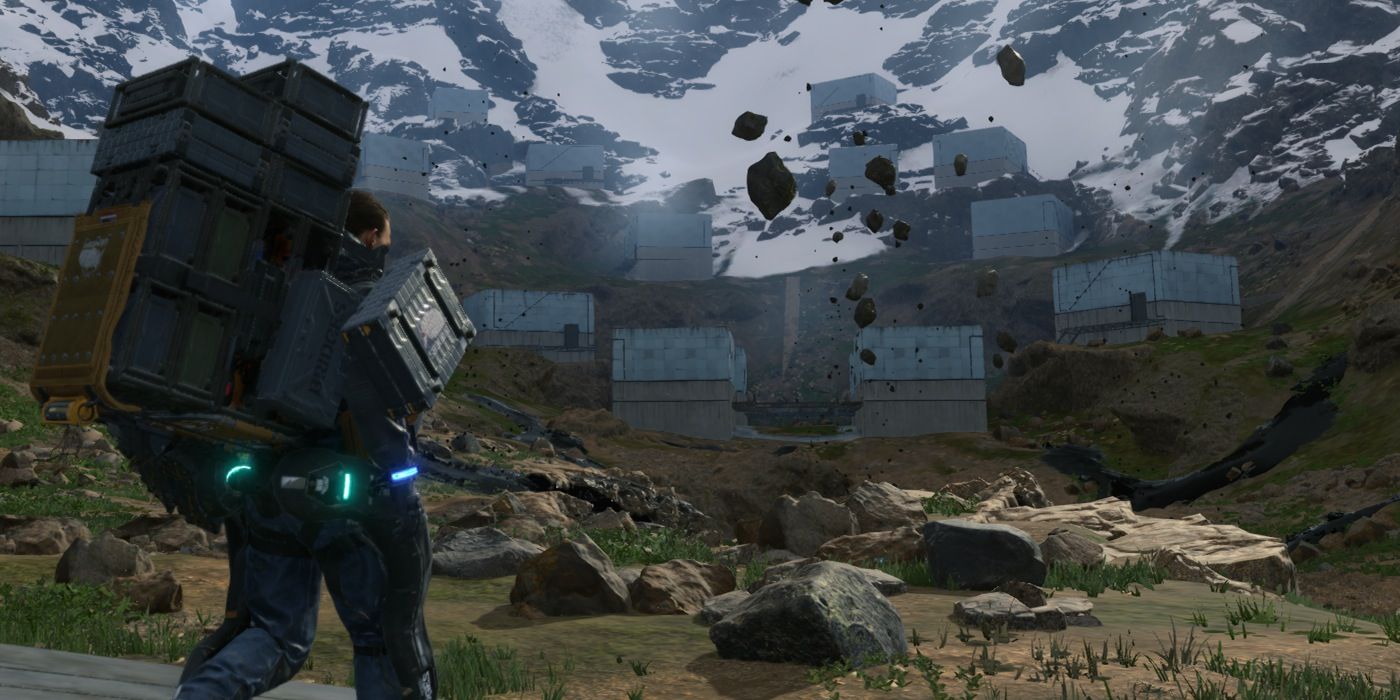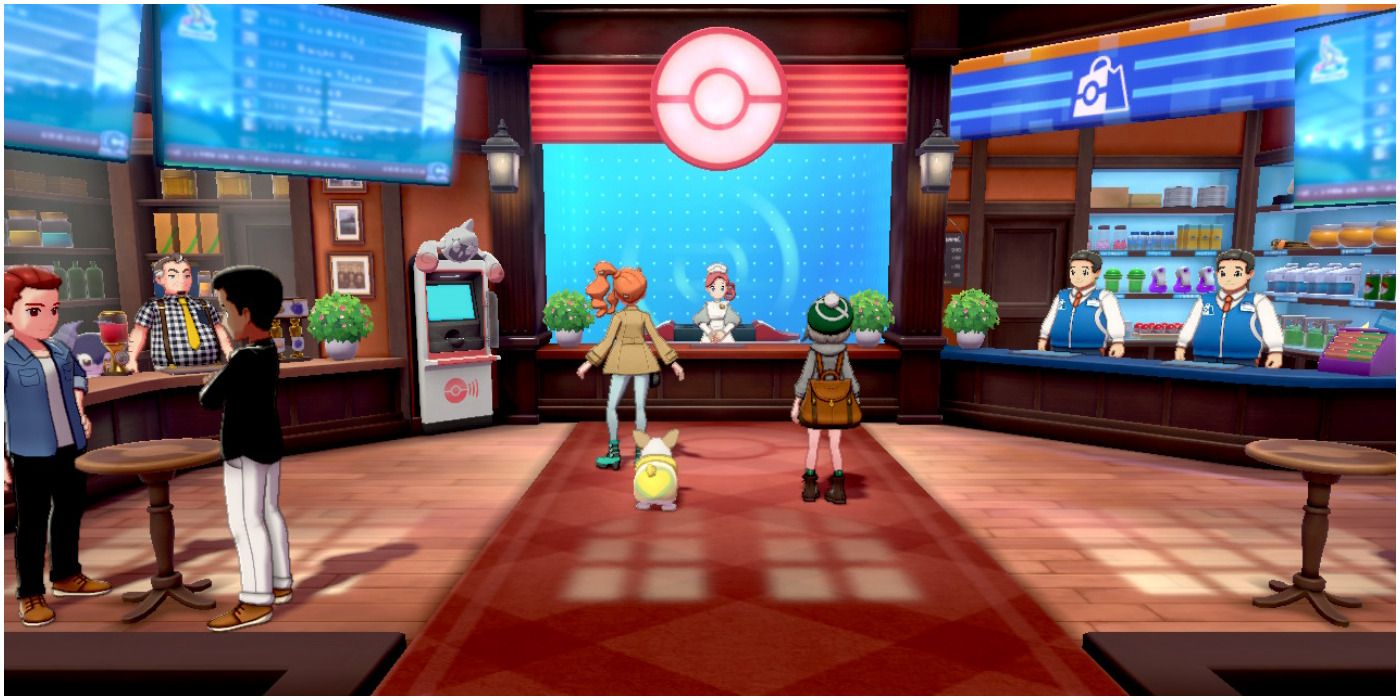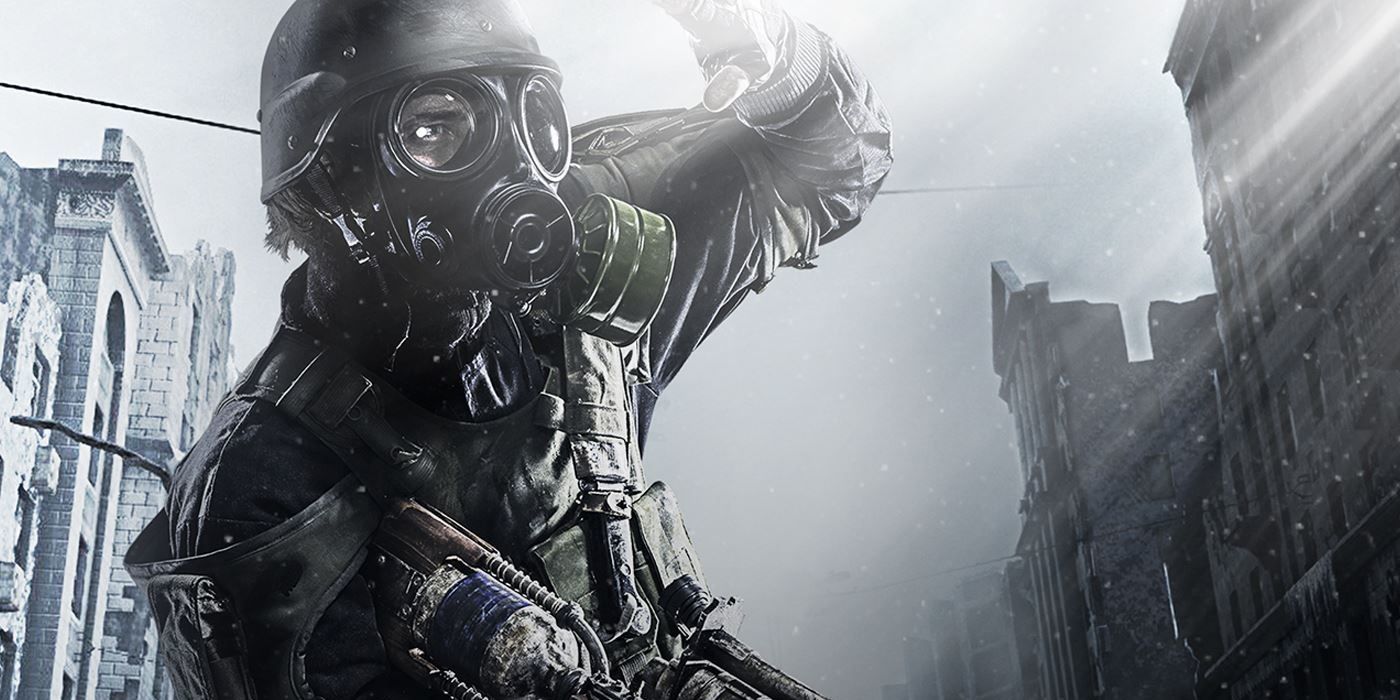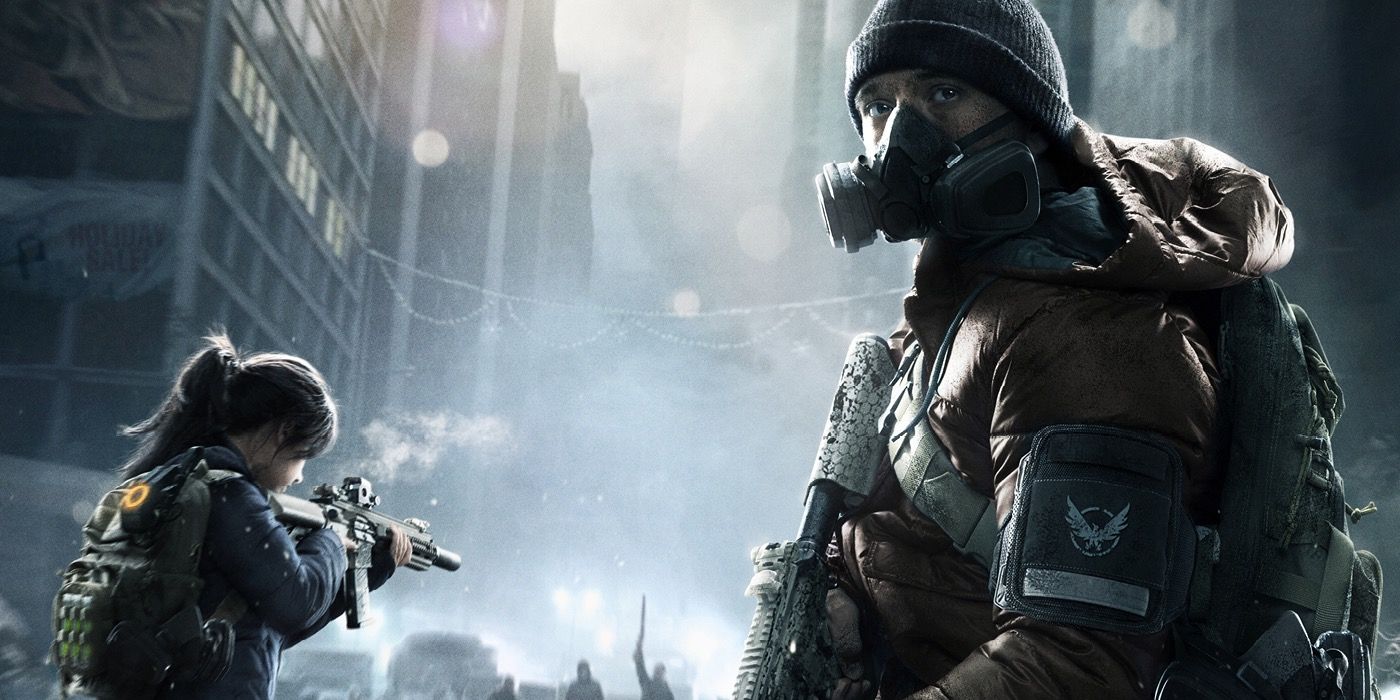Video game economies can be pretty nonsensical. It used to be a little more cut-and-dried before this past decade when microtransactions were introduced. Now Destiny, as one example, has multiple sets of currencies. Some can be acquired in the game while other stuff can mostly be obtained through real-world cash. It is beyond nuts. Whatever happened to getting multiple costumes from just playing a game?
Thankfully we aren’t going to dampen the mood any more about microtransactions and why they’re so detrimental to video games. Instead we will be looking at ten video games with economies that either don’t make sense, or if they do, are out of this world. As they say, money talks and these ten forms of currency have a lot to say about their worlds. Let’s see how the money flows.
10 Final Fantasy
This entry can be applied to every Final Fantasy game as well as RPGs in general. First of all how do monsters carry Gil? It’s not like they have pouches. Secondly for a shop to charge a party money to save the world is pretty messed up.
We can hear the conversation now. What’s that? A giant meteor is heading toward the planet? Well, then better stock up on potions, full price. It is utterly ridiculous.
9 Mario
If the Mushroom Kingdom thrives on gold coins, then why are there so many literally floating around out in the world? Shouldn’t Peach or Bowser send out their lackeys to retrieve them?
For that matter, why are they so big? The easy answer is that when this series started, coins were just a way to rack up points and to gain extra lives. Since then, like in Super Mario RPG, they were also used as currency, thus establishing that they have monetary value.
8 The Legend of Zelda
Rupees in The Legend of Zelda are also problematic for almost the same reasons as Mario’s; they are very large, making one wonder why Hyrule hasn’t moved away from giant gems.
They can also be found anywhere, from tall grass to underneath rocks. For that matter, it doesn’t make sense to store one rupee in a chest. Hyrule’s economy is weird on top of their ideals on storage. Link’s wallet must be huge.
7 Bayonetta
Most video games are about kicking demons straight back to where they came from. It’s very rare for heavenly angels to be the main antagonist, but that’s where Bayonetta comes in. Not only are angels bad, but their halos are collected as the game’s currency. Now granted, this is only for Bayonetta to buy equipment from her bar dealer, so presumably her world doesn’t fully run on halos. Whether that is true, or not doesn’t matter because however widespread they are used, it is still a weird type of currency.
6 Horizon Zero Dawn
Horizon Zero Dawn takes place after a robotic apocalypse, thus leading humanity back to a more primitive state. Instead of actual money, people now trade metal shards collected from kills. That is the main source, but a lot of trading is involved using bigger pieces of the robotic dinosaurs and beasts. It kind of makes sense since there are a lot of robots to harvest out there, but this also calls into question how people can carry that many scraps of metal around on their person.
5 Death Stranding
Death Stranding also takes place in an apocalypse and actually makes more sense than the type of economy Horizon Zero Dawn tried to establish. First of all, there actually is no money. The world instead runs on the power of 3D printers. Want something made? Then one has to gather the right amount of resources like minerals or iron scraps. Those can then can be broken down in order to create the thing one wants, like a motorcycle. It’s actually pretty ingenious even though it means a lot of work for future delivery workers.
4 Pokémon
The economy in Pokémon has a lot of issues. One, is there betting among children? If one loses a battle to another trainer they have to hand over cash, which would imply money was bet on the match, right? Two, Pokémon Centers are free. Who pays for those? Are the taxes in this universe extremely high, or what? This goes for the whole globe because every region essentially has free health care. Potions and balls need to be bought with money, but getting serviced costs nothing?
3 Metro
In the post-apocalypse of the Metro series, bullets have become the globe’s economy. It sort of makes sense. Factories aren’t producing bullets in wide quantities any more, thus they are a very limited a valuable resource. Should one use them to buy goods or should they hoard them in order to fend off enemies? The world of Metro is not an easy one to live in, that’s for sure.
2 Fallout
For our final post-apocalypse deep dive, we have the Fallout series’ obsession with Nuka-Cola bottle caps. First of all, while it may seem weird to fetishize a cola company so much that their product them becomes coin, at least these caps are small. Carrying around a thousand of these things is no easy task, but it certainly isn’t as heavy as a thousand rupees, right?
1 Tom Clancy's The Division
While some may view entries like Fallout, or even Pokémon, as more messed up economies than Tom Clancy's The Division, we had to go with this as number one. After all, paper money literally caused a pandemic on Black Friday. How crazy is that? The real world currency is what brought the end of the United States. If that isn’t messed up then we don’t know what is. Now everything is based on credits, which also doesn’t make sense. Shouldn’t it just be electronic cash? Ah well, doesn’t matter. Thanks for making us think about our inevitable end, Ubisoft.

